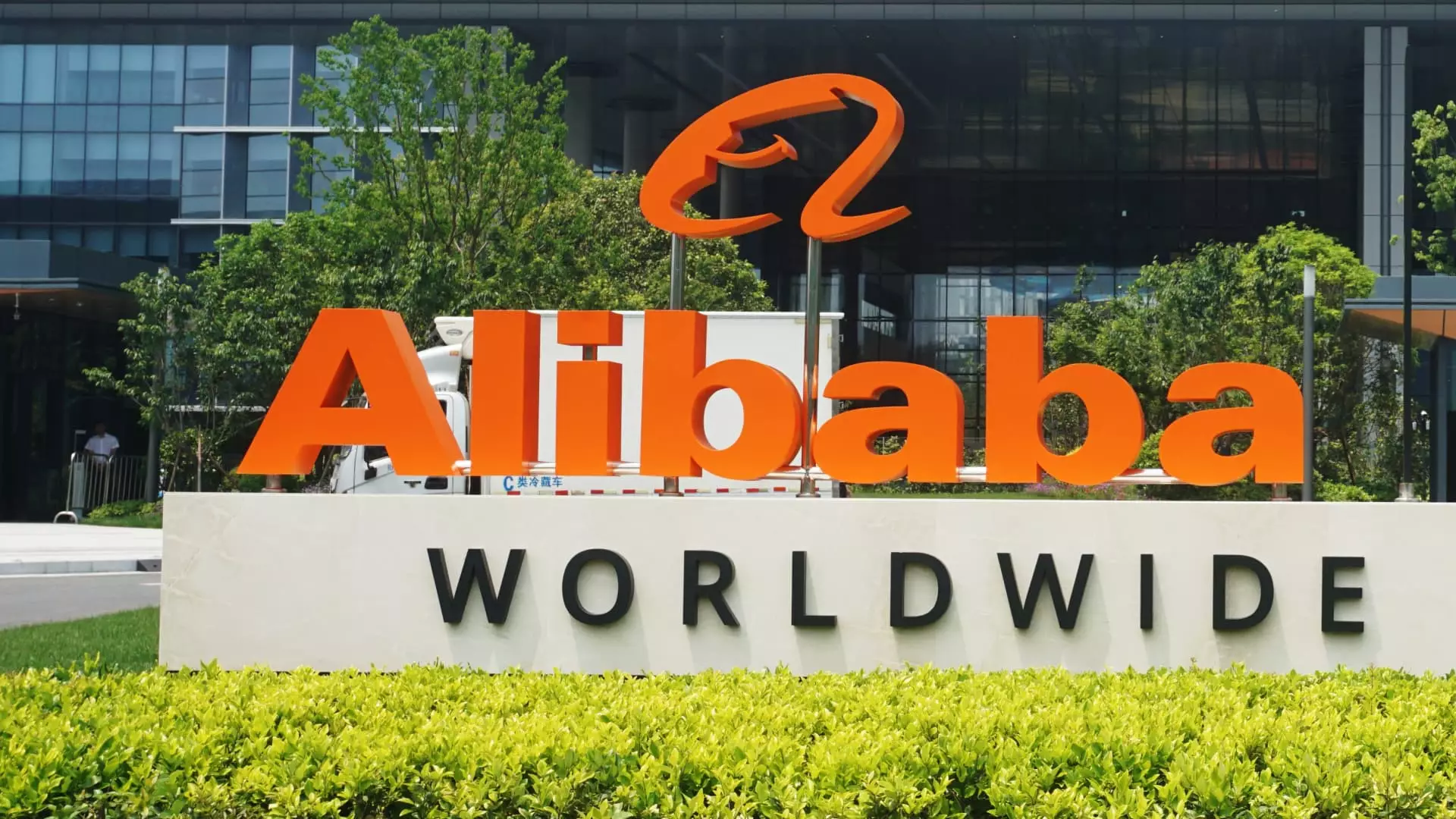In a crucial move aimed at capitalizing on the burgeoning global e-commerce market, Alibaba’s international division has unveiled an enhanced version of its artificial intelligence (AI)-powered translation tool, Marco MT. Launched amidst increasing competition from tech entities such as Google, DeepL, and OpenAI’s ChatGPT, this new iteration claims not only improved efficacy but also a contextual understanding that traditional translators often lack. With this release, Alibaba seeks to address the needs of globally-minded merchants and create a seamless bridge between sellers and international consumers.
Alibaba’s Marco MT stands on the foundation of cutting-edge large language models, which provide a rich contextual basis for translation—something that typical translation tools often overlook. According to Kaifu Zhang, the vice president of Alibaba’s International Digital Commerce Group, this state-of-the-art architecture allows the tool to comprehend cultural nuances and industry-specific terminologies, promising a more accurate translation that retains the intended meaning. This innovation addresses a crucial need in the e-commerce world: the ability for merchants to communicate effectively across diverse markets.
The previous version of this tool, launched a year ago, was already serving 500,000 merchants. The updated version promises to amplify this reach, supporting translations in 15 languages, including widely spoken languages such as English, Spanish, and Mandarin. It aims to improve not only the accuracy of translations but also the overall buying experience for consumers. For Alibaba, the implication is clear: better translations translate into better business outcomes.
The potential market for Marco MT appears promising, especially given Zhang’s expectations regarding substantial demand from Europe and the Americas. With evolving buying habits and increasing digital engagement, the emerging markets are also projected to be hotbeds for the tool’s application. Zhang highlighted that half of the top 20 active users of AI tools on Alibaba.com originate from developing countries, reflecting a significant opening for growth in these regions.
The success trajectory of other Chinese firms like PDD Holdings’ Temu and fast fashion giant Shein illustrates the appetite for Chinese brands in global markets. Alibaba’s strategy, rooted in robust AI development, positions it well amidst a burgeoning e-commerce landscape where communication barriers often deter potential buyers.
One of the key features of Marco MT lies in its ability to provide contextual translations rather than simple word-for-word conversions. An example given by Zhang illustrates this: a direct translation of a colloquial Chinese term for slippers may inadvertently alienate English-speaking buyers if cultural significance is not conveyed. By ensuring that products are described in a manner audiences resonate with, Alibaba enhances consumer engagement and drives sales.
Additionally, the timing of this translation tool’s update is strategic, as it coincides with the upcoming Double 11 shopping festival, China’s equivalent of Black Friday. Zhang anticipates that the enhanced authenticity and precision of product descriptions will lead to improved consumer experiences and Increased purchase likelihood.
The Broader Picture of Alibaba’s International Business
As Alibaba continues to diversify beyond its mainstay platforms like Taobao and Tmall, which have faced stagnation in the Chinese market, its international unit—comprising services like AliExpress and Lazada—has experienced a revenue surge. Recent reports indicated a remarkable 32% YOY growth, primarily fueled by a robust international customer base.
Amid speculations of further growth tapering slightly—estimated by analysts at 29%—Alibaba’s international endeavors reveal a significant shift in strategic focus. With the launch of the AI translation tool paired with a keen understanding of global market dynamics, Alibaba is not only striving to keep pace with current competition but aims to be a frontrunner in establishing a global e-commerce infrastructure.
Alibaba’s latest foray into the realm of AI-driven translation showcases a deep understanding of the intricate relationship between technology, culture, and commerce. Marco MT aims not only to elevate merchant capabilities but also to foster a richer interaction pathway between sellers and international buyers. As globalization accelerates and consumers increasingly demand localized, relatable shopping experiences, solutions like Marco MT may prove pivotal in shaping the future landscape of e-commerce. As Alibaba betters its services, it underscores a broader narrative: technology is not merely a tool, but a vital component in cultivating cross-cultural commerce in a borderless economy.

